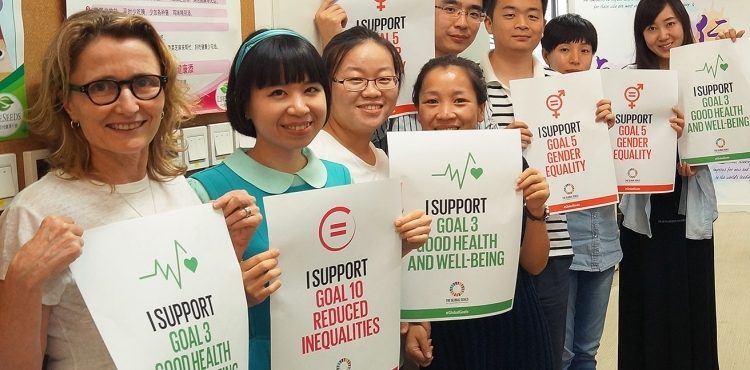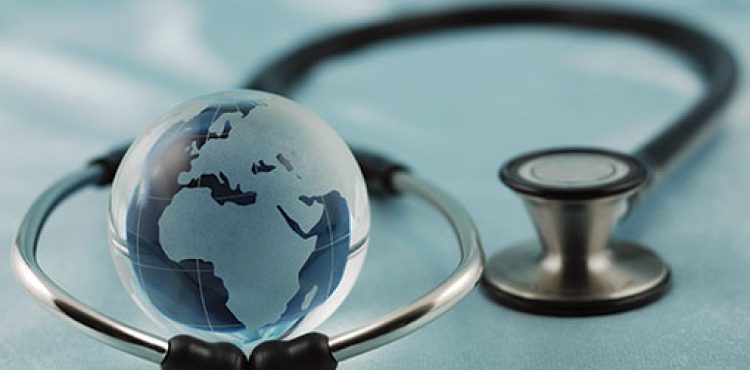For the first time, researchers will investigate the burden of fractures in low-middle income countries (LMICs) and describe the current treatment practices in a global multi-centre study, the largest of its kind.
The study will lead to better, more affordable care for people across Asia and in other low income countries worldwide.
Trauma is among the top three leading causes of death in people under age 40 worldwide. For every death attributable to trauma, three patients survive but are permanently disabled. Musculoskeletal injuries are common outcomes of trauma, occurring in over 60% of victims.
Professor Rebecca Ivers, Director of the Injury Division at The George Institute, and Principal Investigator of the study, pointed out that despite the magnitude of this problem, the burden of musculoskeletal injuries remained unknown in LMICs.
“In contrast to the declining rates of injury seen in high income countries, LMICs are experiencing an increase in injury rates because of their rapid motorisation and booming economies.” said Professor Ivers.
“Poor people worldwide are more likely to be injured, and to receive either sub-standard or no care. Health care costs for injury can plunge disadvantaged families deeper into poverty.”
This international study in fracture care, also called the INORMUS study, will be carried out in 40 hospitals and across 18 countries from Asia, Africa and South America. In total 40,000 adult patients admitted to hospital for treatment of a musculoskeletal injury will be recruited. The study is a collaboration by the George Institute for Global Health and McMaster University in Canada, led by Professor Mohit Bhandari.
Incidence of major trauma complications including mortality, re-operations and infections, along with a number of factors that may predict early complications will also be examined. The study aims to identify common trends in diagnosis, management, complications, and outcomes of orthopaedic trauma as the first step toward resolving disparities in global fracture burden.
In China, 13 hospitals from 11 provinces and municipalities will participate in this study. 10,000 patients are expected to be recruited
At the first investigator meeting in Beijing, China, 10th September, Professor Ivers said, “China, like many other developing countries across Asia, is facing a big challenge. Factors such as the dramatically growing number of motorcycles and electric bikes increase the risks of trauma which will significantly impact on the population’s health.”
“We hope that this milestone study, which is in line with the Decade of Action for Road Safety 2011-2020 by World Health Organization, will help inform policy makers and healthcare practitioners about ways to better treat injury, thereby helping to improve outcomes following injury for potentially millions of people and reducing the strain on medical resources in poor countries.” Professor Ivers said.





